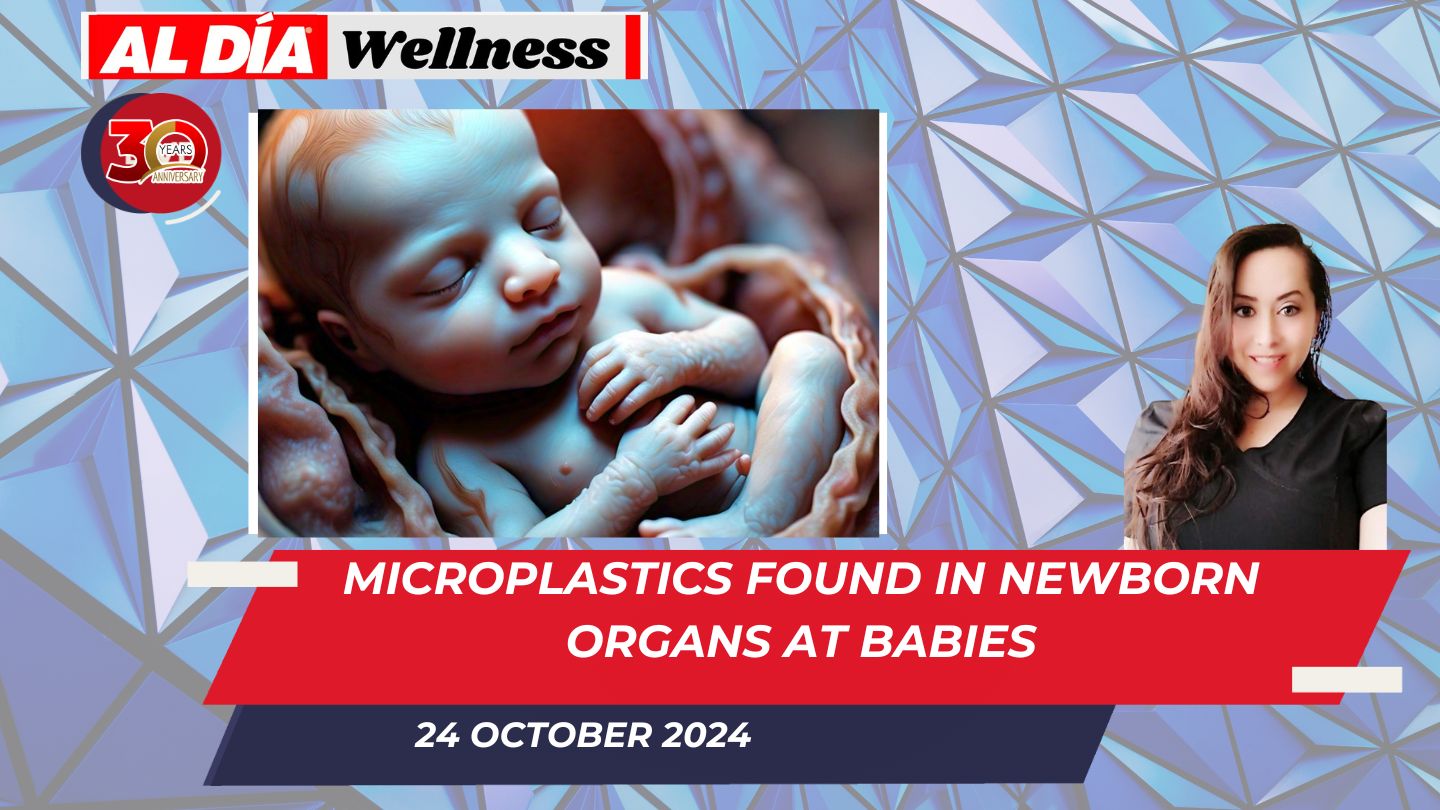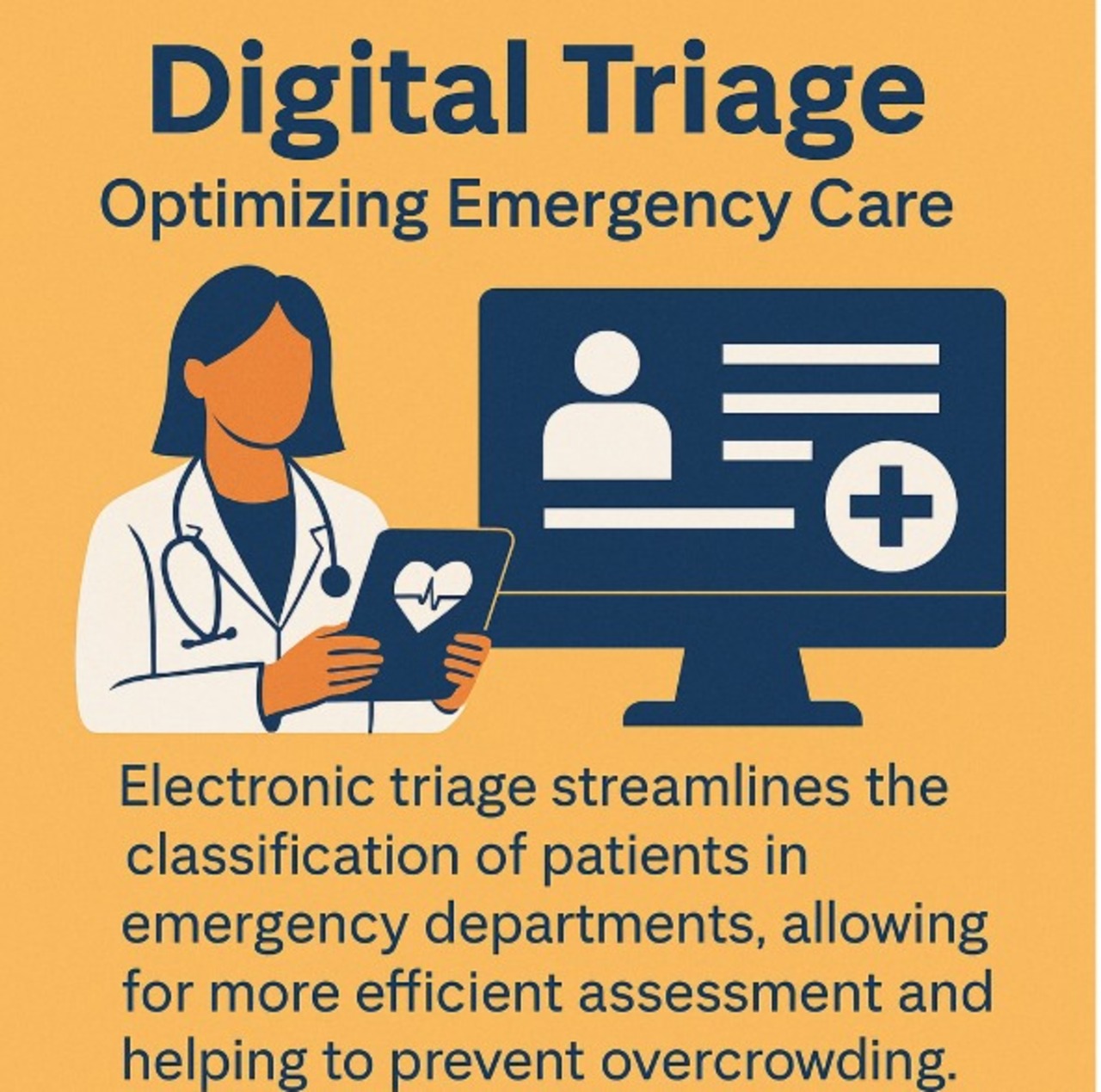
Surprising Discovery: Microplastics Found in Newborn Organs at Babies
A recent study has revealed that microplastics, tiny particles from the breakdown of plastic products, have been found in the organs of newborn babies.
A recent study has revealed that microplastics, tiny particles from the breakdown of plastic products, have been found in the organs of newborn babies. This research, conducted by Rutgers Health, highlights the alarming discovery of microplastics in the lungs, liver, kidneys, and brain of newborns, after maternal exposure during pregnancy. The findings suggest that microplastics can cross the placental barrier and deposit in fetal tissues, raising concerns about the potential long-term health impacts on humans.
What are Microplastics and How are They Transmitted?
Microplastics are tiny particles, less than 5 millimeters in size, that result from the degradation of plastic products in the environment. These particles are present in food, water, and air, posing a threat not only to marine ecosystems but also to human health. According to the study, plastic particles can be inhaled or ingested, crossing the placenta and embedding in vital fetal organs, which may have toxic implications for health.
Health Impacts and Risks
Although research on humans is still in its early stages, animal studies suggest that microplastics can cause inflammation, tissue damage, and developmental effects on the immune system. Additionally, some experts speculate that these plastics could be linked to chronic diseases like cancer or metabolic disorders.
Future Concerns and Preventive Measures
The study emphasizes the urgent need to better understand the risks posed by microplastics, particularly in vulnerable populations such as fetuses and newborns. Researchers urge the adoption of measures to reduce plastic pollution, encourage further research on long-term effects, and implement policies to minimize exposure to these particles.
In conclusion, this discovery highlights the hidden dangers of plastic pollution and the need to increase efforts to control its impact, especially on vulnerable populations like newborns.











LEAVE A COMMENT: